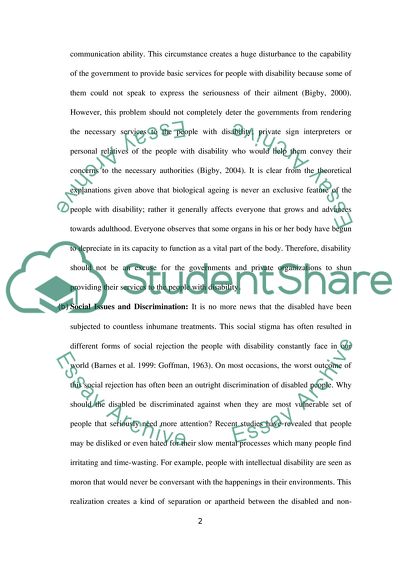Cite this document
(People with Disability and Main Issues Research Paper, n.d.)
People with Disability and Main Issues Research Paper. Retrieved from https://studentshare.org/sociology/1737870-current-issues-in-dissability-studies-assignment-2
People with Disability and Main Issues Research Paper. Retrieved from https://studentshare.org/sociology/1737870-current-issues-in-dissability-studies-assignment-2
(People With Disability and Main Issues Research Paper)
People With Disability and Main Issues Research Paper. https://studentshare.org/sociology/1737870-current-issues-in-dissability-studies-assignment-2.
People With Disability and Main Issues Research Paper. https://studentshare.org/sociology/1737870-current-issues-in-dissability-studies-assignment-2.
“People With Disability and Main Issues Research Paper”, n.d. https://studentshare.org/sociology/1737870-current-issues-in-dissability-studies-assignment-2.


